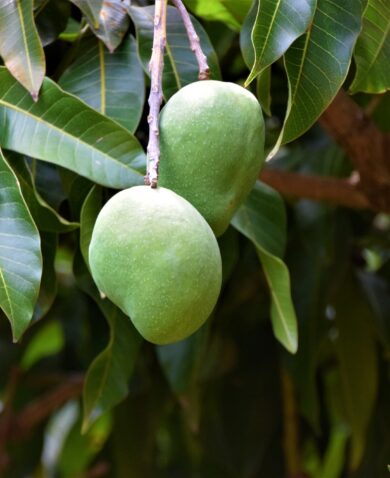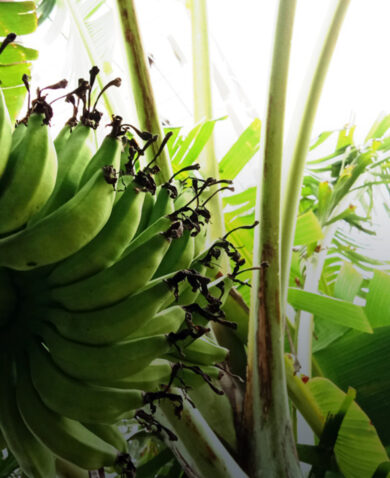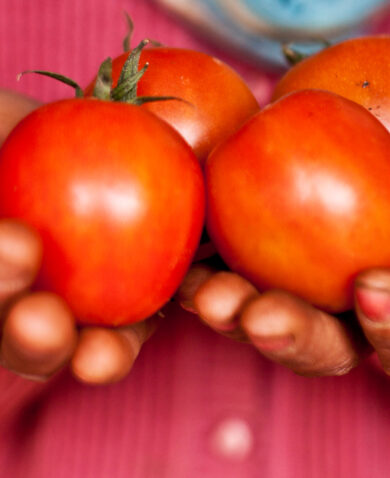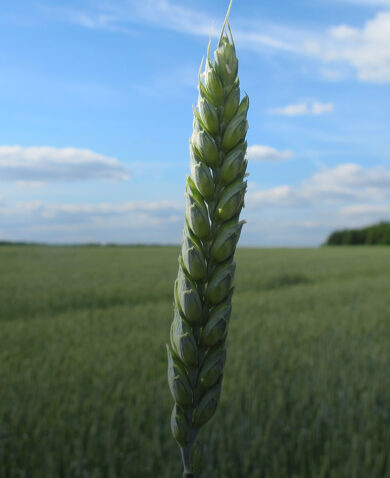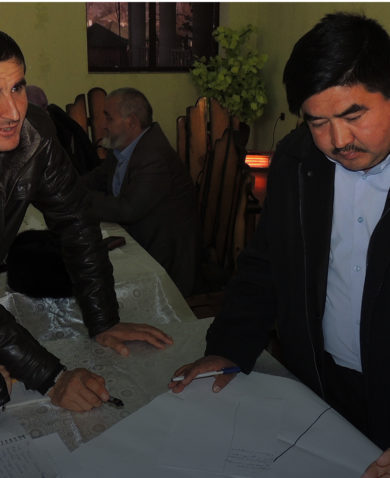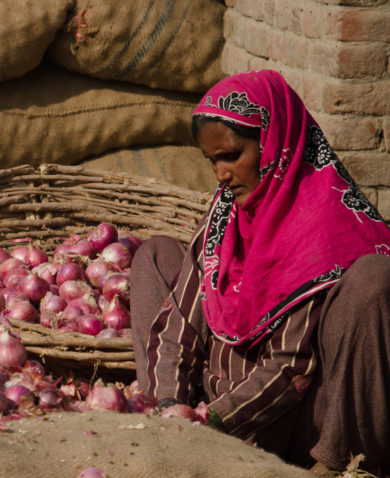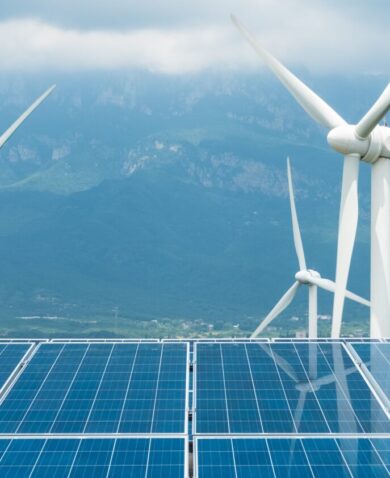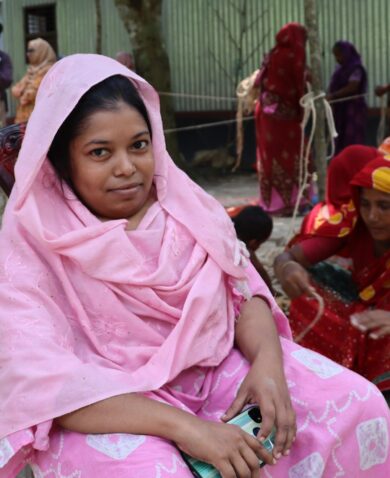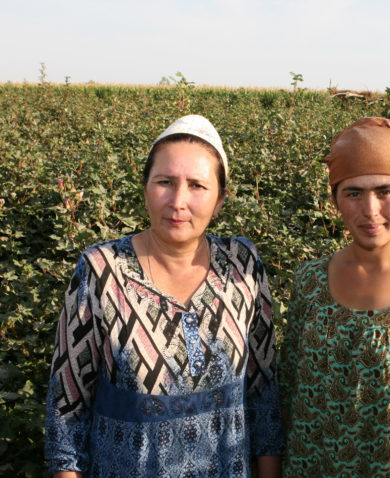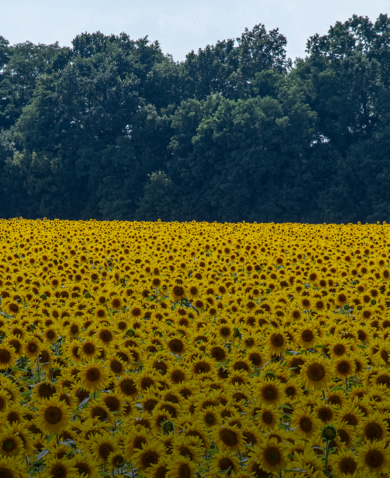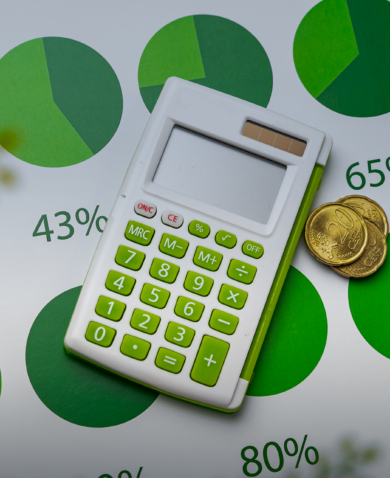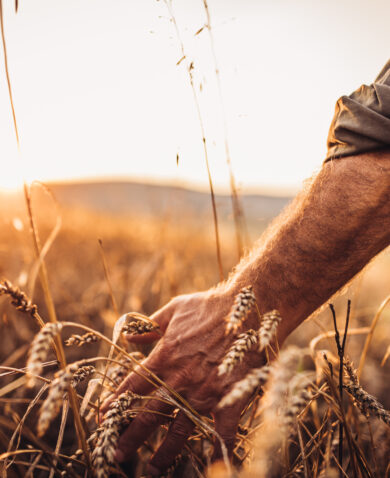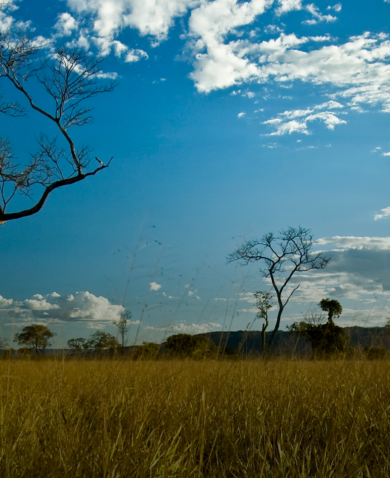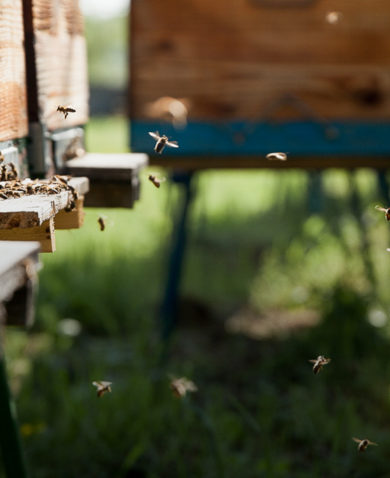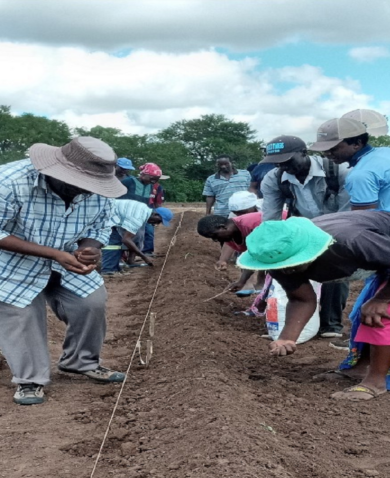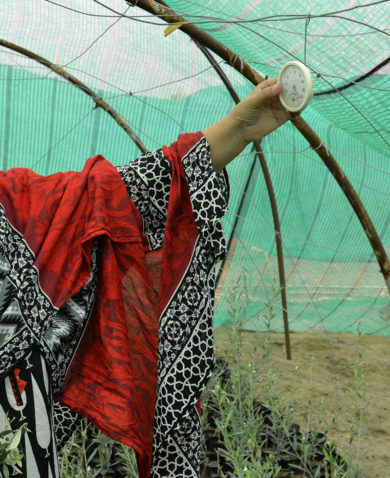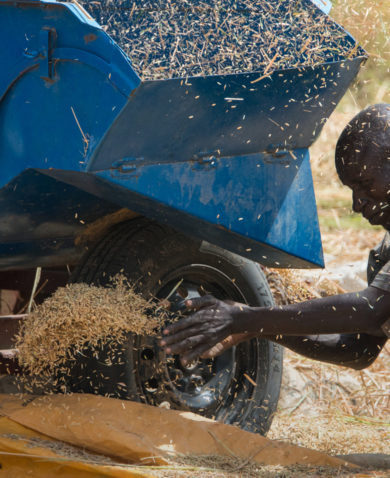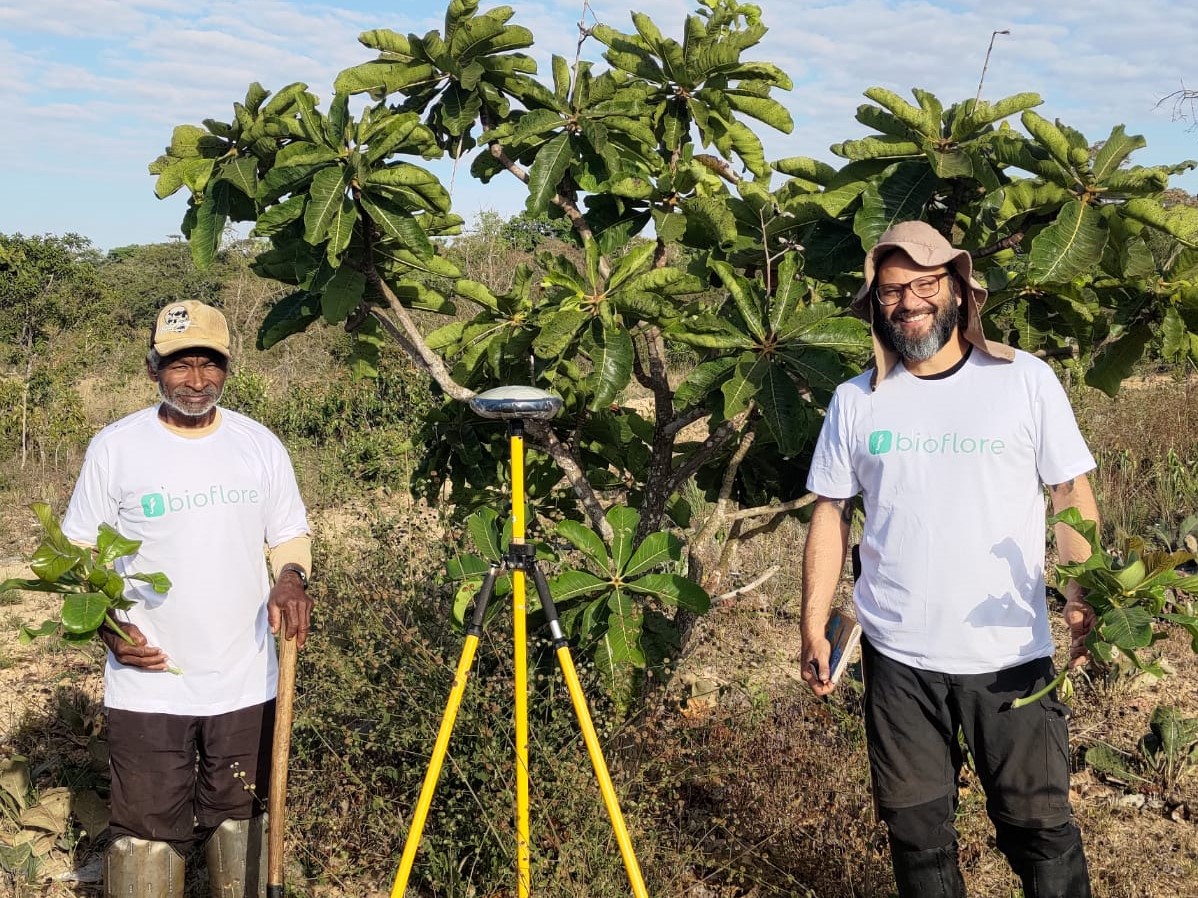
Mapping Biodiversity in Brazil through Ancestral and Technical Know-How .
September 17, 2024Fostering innovative, farm-focused solutions aims to make the soy supply chain sustainable and deforestation-free
A native of Riachão in Brazil’s Maranhão State, Zé Maria has vast ancestral knowledge of the native species of the Cerrado tropical savannah where he lives, from the showy flowers of small shrubs in open fields to the imposing forests of buritis, copaiba, and giant jatoba trees that flourish in the region.
On a farm in Riachão, biologist Cristiano Vidal from Bioflore, a Brazilian startup that uses remote sensing for sustainable agriculture, lists the scientific names of plants while Zé Maria provides their popular names and traditional uses.
The collaboration between Vidal and Maria underscores that simply developing remote sensing tools is not enough. It is crucial for multiple actors — from small tech startups and large international buyers to community members who, like Zé Maria, hold deep knowledge of working the land — to collaborate to ensure that technology builds on existing knowledge to meet climate challenges and provide tangible benefits to rural producers and local communities.
Using Drones to Catalog Tree Species
Bioflore’s cutting-edge technology aims to mitigate climate change through sustainable agriculture. The company has developed a digital platform to automatically catalog tree species with data collected by high-precision drones. The data is run through an algorithm originally designed for facial recognition but adapted to identify and recognize forest species. Once collected, the information is processed for carbon estimation and tree species identification.
The platform is being tested on the Riachão farm with support from the Chemonics-managed Land Innovation Fund for Sustainable Livelihoods (LIF) and technical assistance in forest inventory data from brCarbon, a member of LIF’s startup portfolio.
“At the forefront of climate tech innovation, Bioflore is setting a new standard for conservation and sustainability,” says LIF Director Ashley Valle. “Their AI-powered solutions are revolutionizing how we monitor biodiversity and manage natural resources, demonstrating the potential for technology to drive positive change on a global scale.”
Established with an initial contribution from Cargill, LIF fosters innovative, farm-focused solutions to make the soy supply chain sustainable and deforestation-free. It targets three critical South American biomes: the Cerrado, Gran Chaco, and Amazon. Since 2021, three LIF projects have engaged 57 startups to test and scale innovative solutions directly on farms, mostly at Cerrado – Brazil’s most devastated biome, which was responsible for 61% of the country’s deforestation last year.
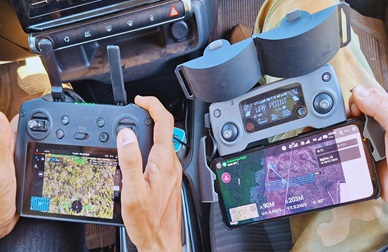
Developing a Botanical Inventory Model
Bioflore is one of 34 startups in LIF’s Sustainable Soy for the Cerrado Program portfolio, which enables the company to access research and development services from Brazil’s leading innovation and technology centers, connect with farmers, and apply for small grants from the Startup Finance Facility (SFF), a unique financial mechanism to unlock solutions at different stages of the innovation spectrum. A total of 34 startups have received around USD $1.2 million from the SFF to implement 24 projects. The SFF has leveraged an additional $480,000 in financial and technical support for the Sustainable Soy for the Cerrado portfolio.
These benefits allow Bioflore to pilot its innovations in the field and collaborate with other participating startups and partners to pool expertise and scale impact.
Drones gather information on the landscape context and details useful for species identification. This information is complemented by data collected onsite by the Bioflore team and local residents on forest inventory and species identification to validate the research. Bioflore aims to further enhance the algorithm with high-resolution images to identify individual treetops.
Bioflore uses the survey to identify species on a farm and areas with the greatest botanical diversity as a direct contribution to managing and enhancing environmental assets. The outcome will be cutting-edge detection models for mapping key Cerrado species in Brazil’s Matopiba region.
“It’s crucial for farmers to view the native vegetation on their property as an environmental asset,” said Heitor Filpi, Bioflore’s CEO and co-founder. “To truly value these areas, it’s essential to measure and map the diversity and abundance of species they support.”
At the Riachão farm, Bioflore is developing a botanical inventory model that can be replicated on other farms in the region. About 60% of the farm’s 6,000-plus hectares is cropland, with the rest occupied by different types of native vegetation: flooded forest, savannah grassland, and riparian woodland. The Bioflore team identified eight palm species and 82 shrub species, some of which are threatened with extinction. The survey also revealed the presence of several native species with high economic potential, such as moriche palms, babassu palms, cashew trees, and courbarils.
The use of remote sensing technologies with satellites and drones and artificial intelligence guarantees more accurate data and lower costs for carrying out forest inventories, with advantages for multiple audiences and purposes.
Preventing Deforestation
Since launching in 2021, LIF has built a portfolio of 50 projects, implemented in collaboration with 60 partners in Argentina, Bolivia, Brazil, and Paraguay, to deliver solutions for sustainable agriculture to more than 1,500 farmers covering 2.5 million hectares. Grants link donors, tech developers, and farmers to fund projects and programs focused on innovation, integrated solutions, and farming.
With investments of $13.4 million, LIF has emerged as a successful model for promoting sustainable and low-carbon agriculture. By combining technical assistance, financial support, and technological innovation, the program supports farmers working toward deforestation-free production by providing tools and resources to conserve forests and native vegetation in compliance with international sustainability protocols. LIF has already helped to directly prevent the deforestation of 41,000 hectares and is transforming South America’s agriculture, benefiting thousands of farmers and safeguarding millions of hectares of land.
Maintaining biodiversity and conserving native vegetation allows new generations of the local community to remain in the countryside, working in agriculture and benefiting from forest assets. Bioflore’s technology helps connect past and future generations by preserving the forest for Zé Maria’s descendants.







